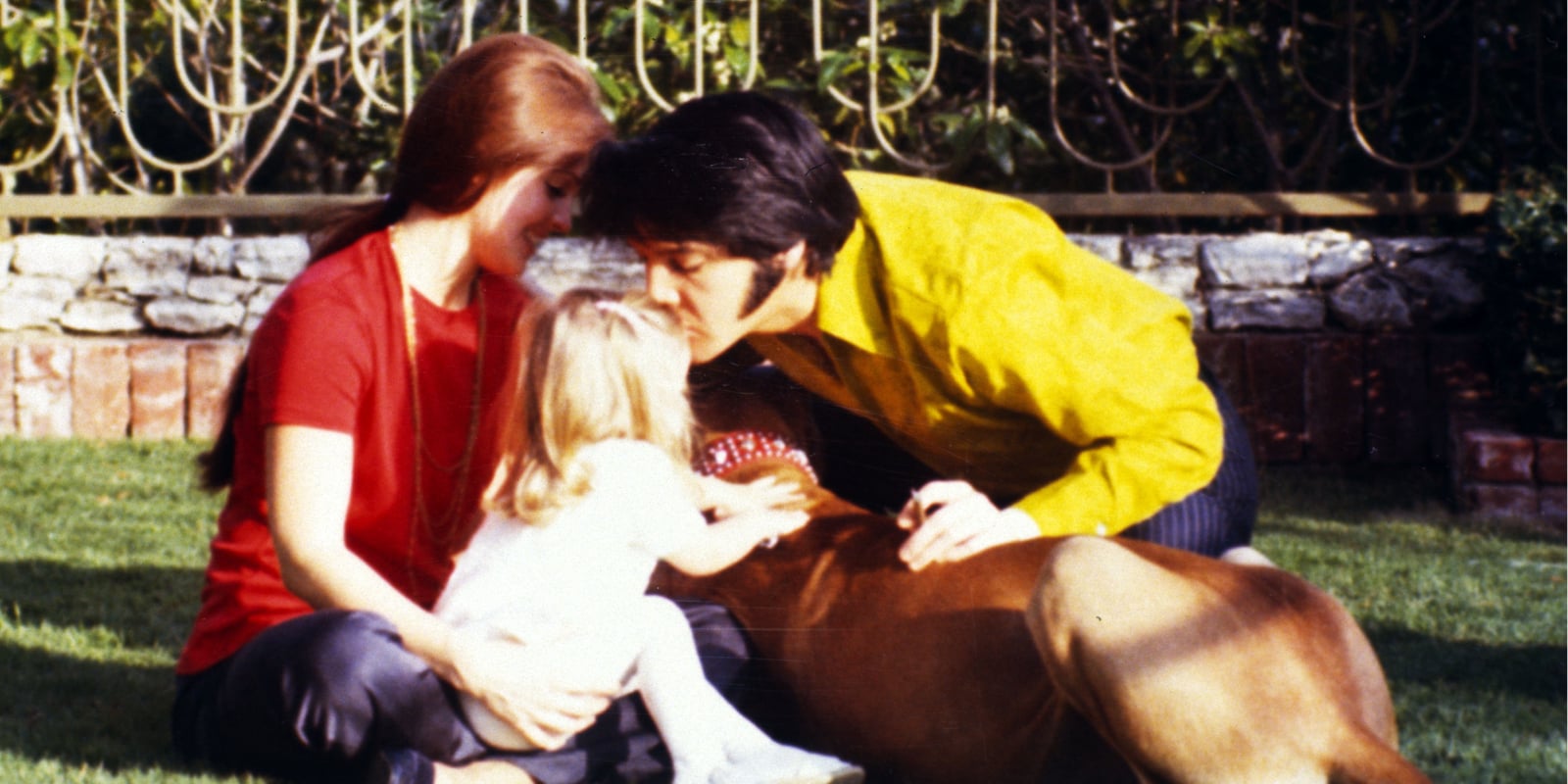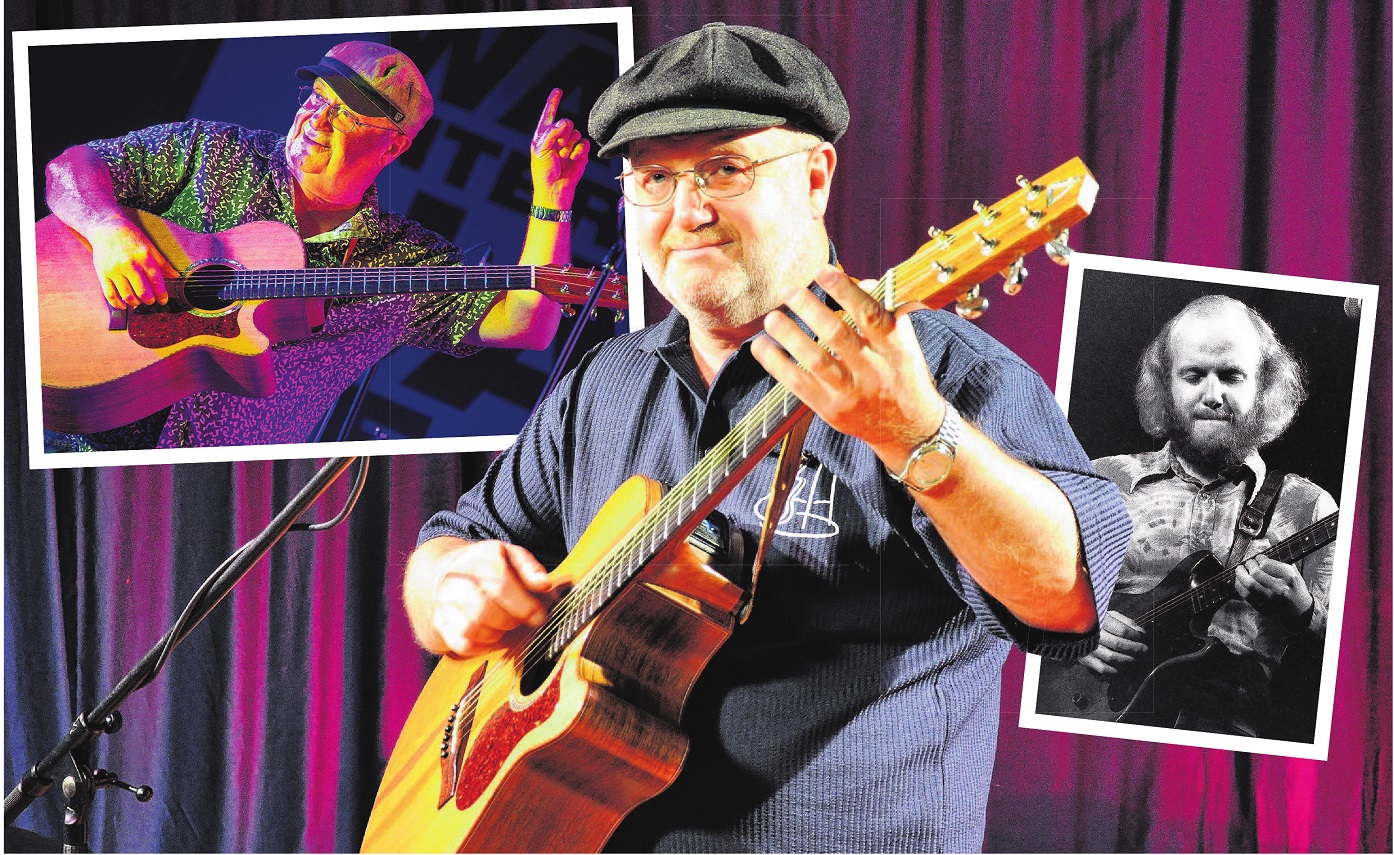Dorothy Elizabeth Stroh became Pennsylvania’s first female district attorney when she won the Pike County election in 1935. She was the only Republican to win office in Pike, defeating a long-time male incumbent. Her victory made national headlines in an era when politics was still male-dominated and many editors focused on her appearance.
Editors commented that as a woman in that age, she would need to prove herself, and articles largely cast her win in a positive tone, giving her benefit of the doubt.
She was the first female president of any county bar association in the Commonwealth.
Stroh was born in West Pittston September 4, 1905 to Charles A. and Clara (Green) Stroh. They moved to Milford where she graduated high school in 1922. They lived in a brick Victorian house on Ann Street. Her father, a druggist, was elected mayor in Milford in 1927.
Stroh graduated from Dickinson School of Law in Carlisle in 1925. She was one of three women of a class of 62 law students, and the only one from Pennsylvania.
Her yearbook entry reads: "We send Dot forth into the legal field with the best wishes of the class of '25, for a brilliant future. Dot's county has produced our governor [Gifford Pinchot] and here's hoping Dot is the second… You can count on '25 for every last vote."
She returned to Milford as Pike's only woman lawyer. She was only 21. She was admitted to practice in both the county court and Pennsylvania Supreme Courts.
'Great age of feminine freedom'
Stroh used the title "Woman's Place in Public Affairs" as the title of a talk she gave at the Milford Chamber of Commerce annual banquet at the Milford Inn, February 1928.
The Milford paper stated: "She said that in this great age of feminine freedom, women should not hesitate in doing whatever they are allowed to do as well as men; that there are a number of field of civic activity for service in which women are naturally fitted, such as child welfare work and problems of beautifying the community; that men will be quicker to appreciate their entry into public life when they realize that women have definite contributions to make to civic affairs that only women can make…"
Stroh argued that it was logical that women should be Chamber members, and "…the business that means Milford's bread and butter has been successfully managed by women…"
She joined the practice of Milford attorney Xenophon P. Huddy, taking over his practice in 1927 when Huddy retired. In 1933 she leased an apartment over Huddy's law offices at 105 East High Street. She resided there till 1955 when she moved a block to her new home and office at 103 West High Street. Soon after her death, the county bought the property, which is today the children's advocacy center.
Among her caseload were estates and divorces.
In 1928 she and Huddy represented approximately 1,700 Pike County petitioners at a Pennsylvania Game Commission hearing on the question of allowing open season on doe in Pike, Monroe, Wayne and Northampton counties.
Sportsmen in the petition objected to the plan.
From piano to politics
An accomplished pianist, Stroh's love for music was passed down from her mother who had an upright piano and a trove of sheet music.
Stroh loved the classics. She played piano at her church and for various functions, including PTA meetings and high school commencement. As a teenager she played the organ at the Milford Theater accompanying the silent movies. She was active at the Presbyterian Church where she played the piano, taught Sunday School and led the church's Young Woman's Auxiliary. She was secretary of the Milford Chamber of Commerce. She enjoyed writing poetry, and published an anthology, "Rain on the Rocks" in 1932.
Stroh loved her large tiger cat, Toby, and also enjoyed horseback riding. If you played Scrabble with her, she might use Latin words.
Stroh was appointed as borough solicitor in 1934 while her father was still burgess. Later she was borough auditor and served on the Delaware Valley school board.A dedicated Republican, in November 1934 she spoke about the party's future at Delaware Valley Men's Club's first annual "ladies' night" held at Milford's Presbyterian Church. The Depression was raging, and voters had just elected a Democratic President, Franklin Delano Roosevelt.
Stroh commented: "though the majority may run for the moment madly after the Pied Piper whose song is the exultation of the common people," she maintained that few wouldn't prefer to "follow the self-respecting course of individual initiative." She refuted the notion that the Republican party promotes the interest of the "few and wealthy" and opined that Roosevelt's "New Deal" could not seriously safeguard lives and property. She likened the New Deal to gambling.
First woman District Attorney in Pa.
She ran unsuccessfully for district attorney in 1927. She ran again in 1935 against George R. Bull, a Democrat who had held the office for 32 years. Stroh, who was 30, won with 2,316 votes, 71 more than Bull. She was the sole woman on the ballot.
Her son Alan later related that his mother went to bed on election night thinking she had lost the race, but received a congratulatory call from Bull the next day.
Newspapers far and wide reported the news.
Pictures of Stroh show her as tall, lean, with glasses and dark hair. Some newspapers reporting her victory took pains to describe her looks, some calling her hair having a touch of blonde, others going with just "blonde." A major Philadelphia newspaper, in the headline, called her a "Blonde G.O.P. Prosecutrix."
An Orange County, NY newspaper opinion columnist went so far as to suggest that criminals would be smitten by her, quoting an unnamed saloon patron as saying, "it would be a pleasure to be prosecuted by her." Four patrons agreed that criminals would make it their object to get arrested rather than run away, "if only to be formally introduced to Miss Stroh."
"… Miss Stroh is a soft spoken, humorous person still on the sunny side of thirty. Her bobbed brown hair is wavy. She smiles quietly with hazel eyes behind inconspicuous glasses. She is perhaps slightly above the average woman's stature. Her manner is retiring but she has a clever habit of side-tracking a question to ask some of her own," the same newspaper continued.
Stroh commented for the press, "It was said I was too young and that I was a woman. The answer to that is I'm older than Mr. Bull (her Democratic incumbent) was when he was first elected; and women are holding office all over the country."
The new D.A. said that she conducted her own campaign and had the help of former Governor Gifford Pinchot, and Mrs. [Cornelia] Pinchot of Grey Towers, Milford, who "wrote letters" for her.
Stroh stated that she was not staying clear from making reforms. "I'm going to do my duty, but I'm not going to start out and look for trouble."
In December of 1936 she advocated for centralization of criminal law enforcement agencies in the capitol, with county district attorneys being appointed by the state.
Asked about local crime, Stroh affirmed there had been some moonshining stills uncovered and it was the "consensus of opinion" that some gangsters from large cities were making Pike County their hideout. She estimated that there were about 15 criminal cases originating in the county per year. Pike County at that time had only about 8,000 people.
She prosecuted a murder trial following a double shooting in 1938 in Lackawaxen Township. The defendant was found guilty of voluntary manslaughter of both victims and sentenced to state prison.
Later years
Friday, April 8, 1938, Stroh was married in Milford to Merlin Everitt Tisdale, manager of Pike County Light and Power Company. She resigned as district attorney in September 1938 because she was pregnant and could not get a leave of absence, her son Alan later said.
During her pregnancy attorney Carl Wagner took her cases. His son, Karl A. Wagner, Jr., is also a retired attorney and like his father also served as D.A. The younger Wagner was born the same year (1940) as her son Alan Tisdale, and were childhood friends.
Merlin Tisdale served in the army in World War II. They apparently divorced soon after.
Stroh was 64 when she died November 1, 1969. A memorial service was held in the Pike County Courthouse conducted by President Judge Arlington Williams, who lauded her for "unblemished moral integrity" and serving office capably, "to the pride of Pike County".























 English (US)
English (US)